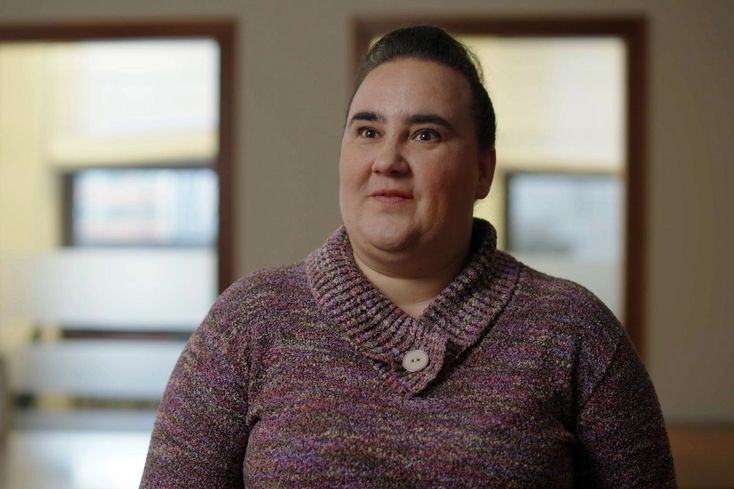TRANSCRIPT:
My first impression of Alex was that he seemed like a bit of a loner.
That he was coming in—like, he was very enthusiastic about doing stuff
here, but I soon sort of started to feel like maybe it was a bit manic.
But I always want to give people the benefit of the doubt and see how
they do, and obviously we’re here to help.
So, yeah, then when he started to—as a staff member, when he was
around then, that’s when I did feel a bit concerned at times when I
noticed how he would deal with other people around him. And I knew he
made some people uncomfortable. I could see that he was clinging on to a
few certain staff members and wanted friends.
But he was sort of coming in from the side and, like, starting to
feel like he’s latching on to us, and like we have to be his friend. It
wasn’t like an optional thing. So then I was a little concerned that
there wasn’t—that was an area of difficulty for him. And he’s
not—obviously may not have had any other friends.
And you could see people start to become uncomfortable with him. And
his oddnesses would appear, and people would get a bit edgy and try to
avoid him.
It would make things very awkward and uncomfortable. And just make
the environment, like, not safe for people, not like somewhere they want
to be. And unfortunately, that’s what he generated.
Working with Alex was kind of interesting because he would be a bit
up and down, and you wouldn’t even know if he would turn up one day.
He wasn’t necessarily the person you could rely on. He sort of would
come in with his somewhat manic enthusiasm to do different things, but
he wasn’t the person we could rely on to be there all the time at the
times we’re supposed to be there.
Whenever you tried to help him, it was—you could never help him.
Like, whatever you would do—like, give him, go overboard to try and make
sure he felt like he was addressing whatever he wanted to address, or
like if he needed assistance with something, we would give it, and then
you’d be accused of giving no help when we just did. And it was like you
couldn’t help him. From quite early on, actually, but that got worse as
time went on.
And it was more someone that was on the edge—sort of causing
turbulence, if you like, and disturbing things, which then makes our job
more difficult. And what we’re trying to do—and all we’re trying to
do—is help. So if he’s coming in from the side, making it more
difficult, then ultimately that’s not going to work.
I remember Alex was dismissed from some of these reports that had
occurred—you know, just being odd and not fitting in really, and
creating problems and trouble. And then he was fighting to come
back.
And then eventually it was sort of like, looked at everything—okay,
we can give him a second chance because, of course, we’re all about
giving people second chances and want to give people the benefit of the
doubt. But again, within a few months, the same stuff was happening,
even worse. And he was just—he wouldn’t turn up on time, wouldn’t be in
communication. We didn’t really know what was going on with certain
things.
And then when I started to have complaints from this fellow staff
member of mine who was having trouble with him going after her in a
romantic way that she did not want. He was putting her under pressure,
and when she couldn’t—she was on reception—and then he would corner her
on reception, and that’s not fair because she can’t leave from a
security point of view and with her job and what she’s trying to do. And
then he makes it so that she can’t go anywhere, and she can’t escape
him. It was making her—reducing her to the point of tears while she’s
doing her job that she loves and has a passion for.
It started to become apparent that he couldn’t control certain
aspects of his personality that would then impact on other people. When
he’s making a staff member of mine feel cornered, feel upset, not able
to get away from him, and basically feeling stalked—like, I can’t have
that for the staff that are here trying to do a good job.
So when this came up, it was like, okay, that’s it. Like, it’s the
end of the line. He can’t—we can’t have him here doing that kind of
thing. So then he got dismissed.


